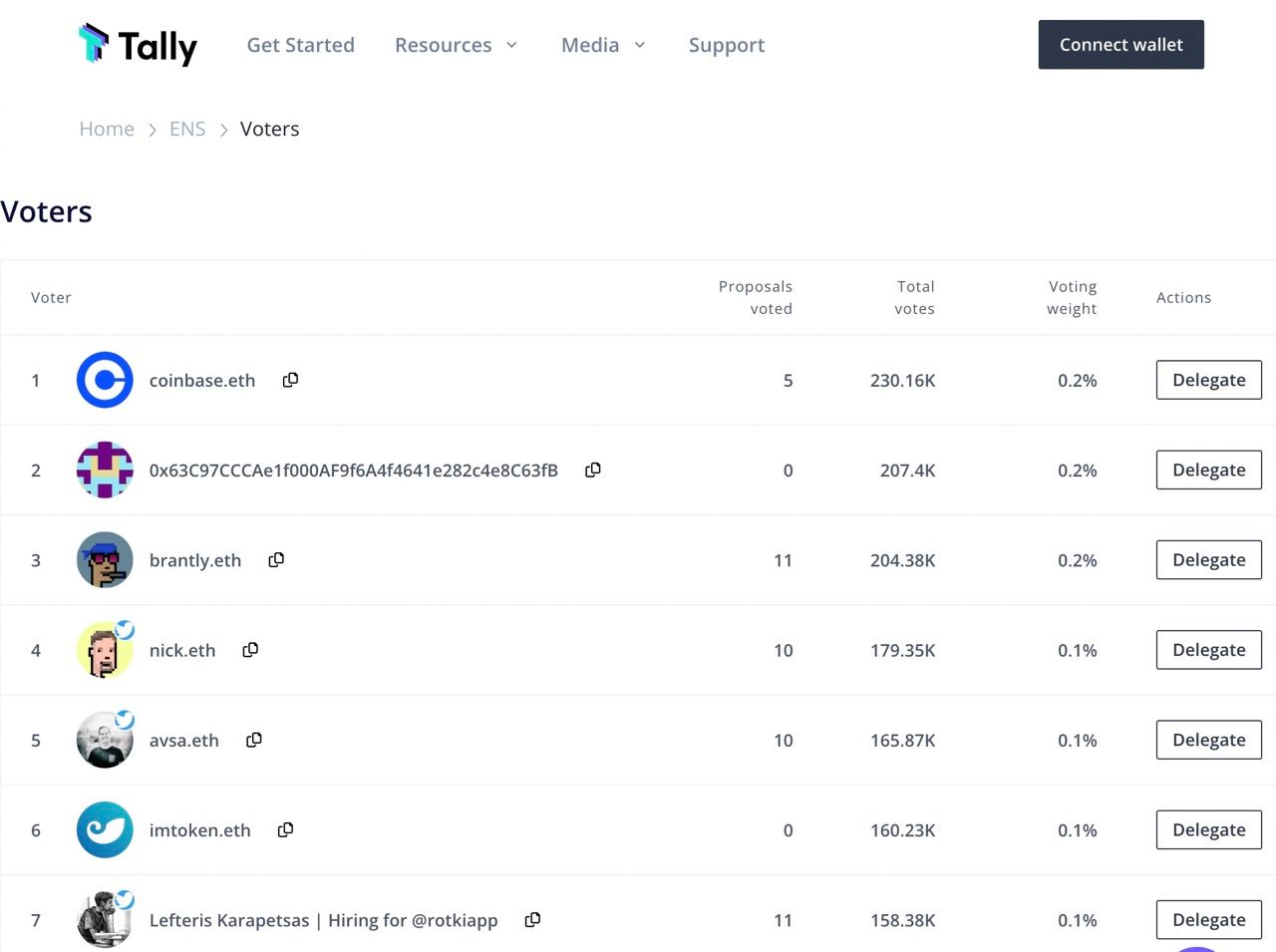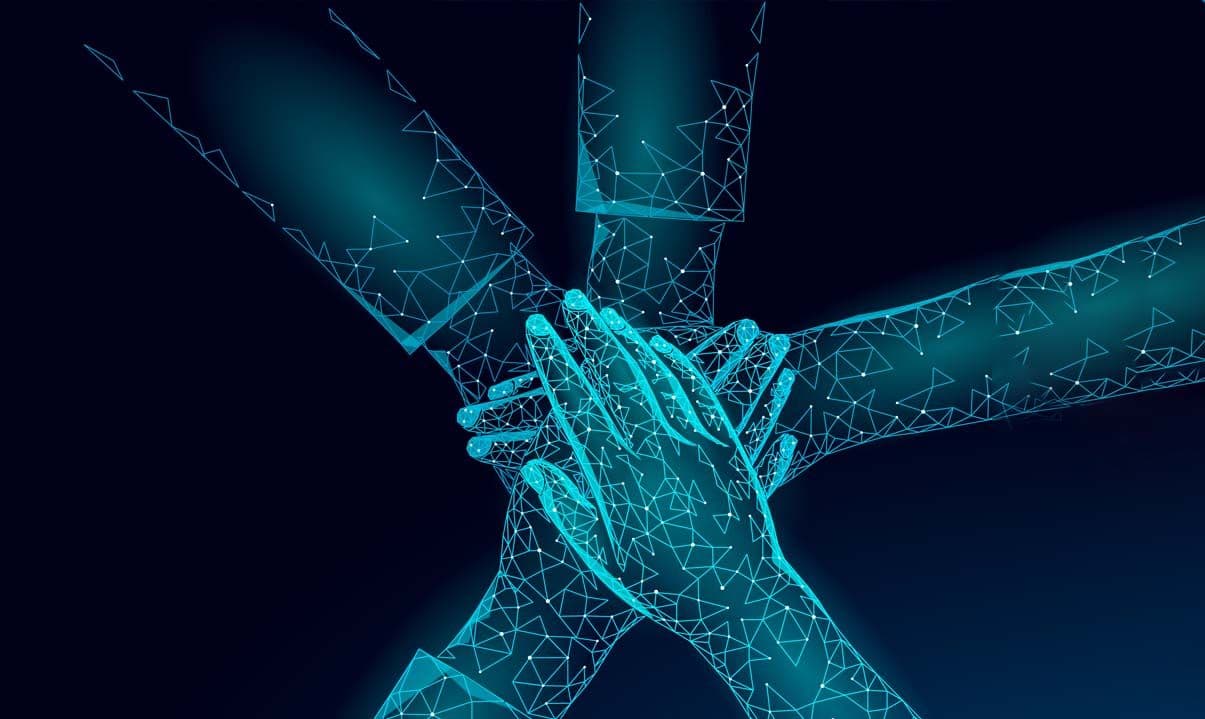- DAOs are made by people; people make mistakes
- A lot can go wrong like bad code, bad actors, or plain old bad vibes.
- Knowing this can keep your expectations realistic and your money safe.
The problem with DAOs… is the people that run them. Of course not all Decentralized Autonomous Organizations (DAOs) are flawed. Of the more than 7,000 DAOs in existence, most are probably run by nice, competent people.
But certainly not everyone is a “good person.” And even if every earthly DAO officer was well intentioned, folks are fallible. Code can fall victim to human error. Vulturous scammers circle the digital walls of every communities’ multi-sig wallet. As web3 expands, the old ways of corporate governance will dissipate. DAOs represent a new, idealistic form of incorporation—they're becoming more and more common; but as the dream of a more equitable and democratic future becomes a reality, it is important to stay vigilant. The new crypto cliche is “don’t trust, verify.” Here are a few verified ways that people upended DAOs.
The DAO Hack
Let’s start at the beginning! The DAO aka The Genesis DAO was the world’s first ever DAO… and it is famous for being hacked! Launched in April of 2016, hacked not too soon after, this is an example of how code is a vulnerability which can lead DAOs to their doom.
After the hack, the Ethereum Foundation actually stopped the network, hard-forked, and reset the ledger to put the hacked funds back into the DAO’s treasury. Many Ethereum community members didn’t agree with this plan of action. They stuck with the original fork of Ethereum, which became known as Ethereum Classic.
Just a few months later, the DAO delisted its tokens and was effectively defunct by September of 2016.
Unfortunately, this was just the first of many DAO code exploits. Recent examples include Ooki DAO and Badger DAO. In the case of Ooki DAO, a legal battle is raging that could determine whether or not a DAO can be sued in US court. The plaintiff is a group of DAO members who lost funds in the hack.
1/ Fortress update@avi_eisen continues to hold holders and treasury funds hostage for his personal benefit
— Value Kingdom (@valuekingdom33) February 15, 2022
Fort was founded as a community-owned fund with governance in the hands of holders
Avi claims he is not the leader of fort, but if we look at the facts it looks like he is: pic.twitter.com/lvBuMeyoJn
Wolf in Sheep's Clothing
There ARE malicious actors out there. Sometimes they are closer than you expect. In the case of Fortress DAO, the now infamous Avi Eisenberg, was given the keys to Fortress’ kingdom.
To make a long story short, a DAO is only as strong as the members who control the multi-sig wallet of the treasury. The team at Fortress included Eisenberg as their tech officer.
Fortress’ members thought they were part of a community that could democratically decide what to do with its funds. In actuality, their votes were like a suggestion box. Avi inserted a malicious smart contract into the Fortress protocol. This gave him full control of the community funds—it bypassed all other team member security measures. Once he hijacked the treasury, no amount of digital governance could wrest the conniving Eisenberg’s stranglehold on Fortress. There were numerous votes to remove him from the DAO—they were meaningless. He who controls the funds, and the community Twitter, runs the show. Not your keys, not your crypto.
Okay. pic.twitter.com/WNQ1w4ysqM
— Farokh (@farokh) February 6, 2022
Some Things Can’t Be Canceled
The Ethereum Name Service (ENS) needs no introduction. It is a very successful project with a DAO. Brantly Millegan served for three years as one of the key figures at True names Limited, the company that developed ENS. After the project launched, Brantly became one of the ENS DAO’s directors. As a trusted member of dev team, and ENS community, he was delegated a large percent of the DAO’s voting power. Then someone did a deep dive on his Twitter history.
Brantly, a conservative Christian, had made several homophobic and transphobic remarks in the past. When the community confronted him about these tweets, he doubled down on his reactionary rhetoric.
In true democratic DAO fashion, members voted Mr. Millegan out of the DAO leadership. A day later, True Names Limited let Brantly go… but he wasn’t fully gone from the DAO.

To this day, Brantly is still delegated the most votes in the ENS DAO. Whether that’s because he has the community’s trust, or community members haven’t paid attention to their delegates, is an interesting question. Despite coming together as a community, the DAO membership could only do so much to penalize Brantly. Anyone that holds the ENS DAO's governance token is guaranteed a vote and de facto membership in the DAO. Thus, whether its a flawed system like Fortress’, or a functioning one like ENS', a DAO member may find they're associated with people whose views and/or actions are anathema to their values.
Web3 is the future. Many of the future’s biggest companies will be governed by DAOs. Just because these organizations are a response to the rapacious, uncaring corporations of web2, doesn’t mean that DAOs will be perfect. Incompetence, inattention, and greed are lamentable perpetuals of human society. Even well-liked organizations like Nouns DAO have their own controversies. As one moves forward in the crypto space, keep your dreamy idealism in one palm, and your healthy skepticism in the other. 🙏 Please be careful, Anon.


